Back
Vishu Bheda
•
Medial • 1y
Marc Andreessen explains IBM founder Thomas Watson‘s famous “Wild Ducks” program Big companies often struggle with innovation. One major reason is complexity—too many layers of management and rigid structures slow things down. But there’s another, deeper reason: only a small number of people can truly create breakthrough innovations. Marc, who worked at IBM when it had over 440,000 employees, saw this firsthand. IBM had a system that worked for decades, where most employees followed rules. But they also had a special category of people called Wild Ducks—a term coined by IBM’s founder, Thomas Watson. These Wild Ducks—only about 8 to 10 people in a massive company—were given complete freedom. They didn’t have to follow the usual corporate rules. They could work on anything, pull resources from other teams, get funding when needed, and report directly to the CEO. One such Wild Duck, Andy Heller, stood out. In a company full of men in blue suits and red ties, he wore cowboy boots and was known for pushing boundaries. IBM management knew that innovation wouldn’t come from a 6,000-person division—it would come from someone like Andy Heller. But over time, companies like IBM and HP lost their edge because venture capital gave these Wild Ducks an alternative—they could start their own companies instead. This is why large corporations often fail to produce groundbreaking ideas. True innovators don’t thrive in rigid systems—they need freedom. And if they don’t get it, they leave to build something new. Follow me for more such amazing content!
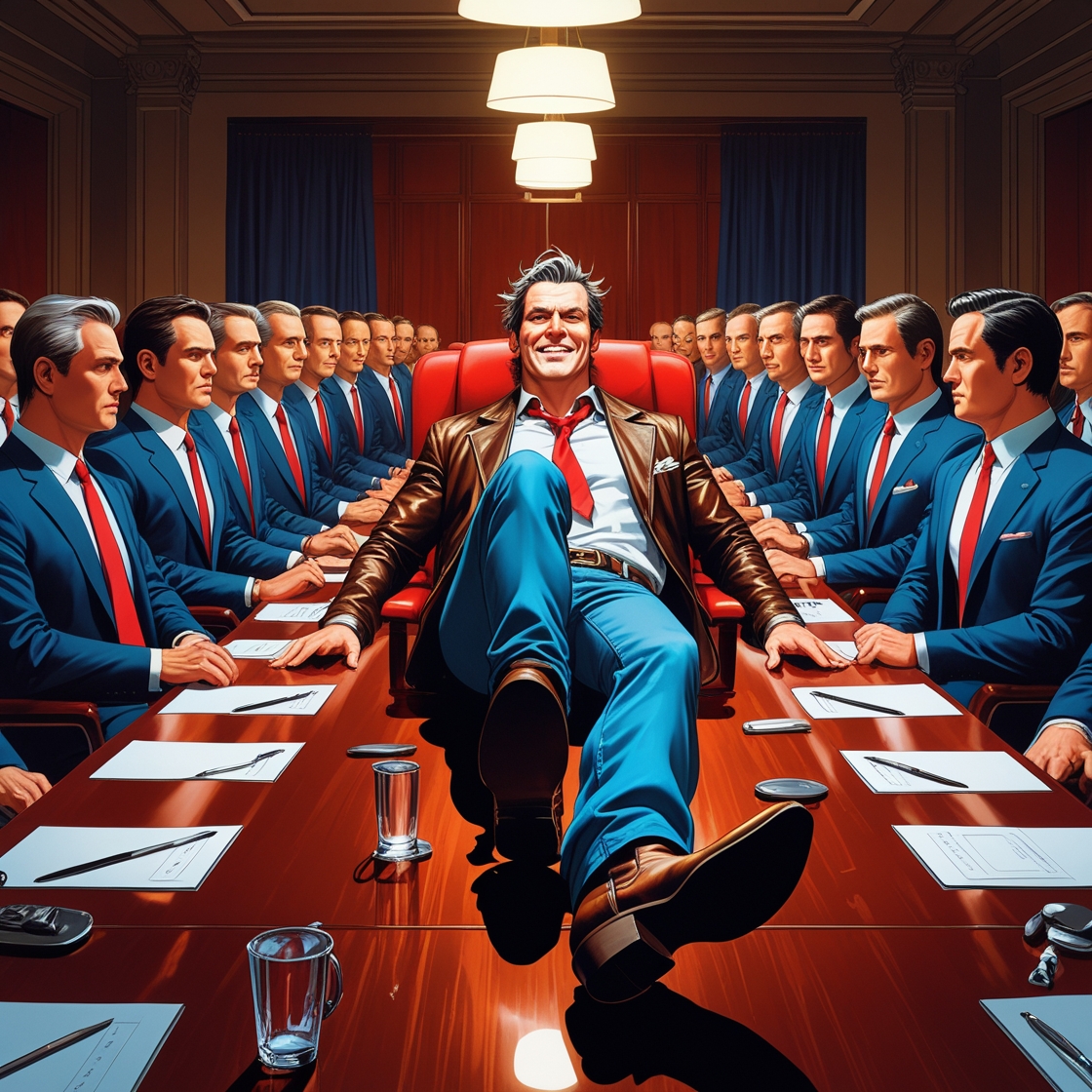
Replies (6)
More like this
Recommendations from Medial
Staff Hire
Staffing, There's No... • 9m
IBM Replaces 200 HR Professionals with AI – Is This the Future of Human Resources? In a bold move toward automation, IBM has replaced approximately 200 human resources roles with AI agents. The company’s advanced AskHR AI system now handles 94% of r
See MoreRohan Saha
Founder - Burn Inves... • 8m
JIO AND BLACKROCK SEBI has given JIO BlackRock Advisors the green light to start their asset management business in India In the next few days they might launch three new debt funds in the market. But the big question is how long will BlackRock
See MoreDownload the medial app to read full posts, comements and news.







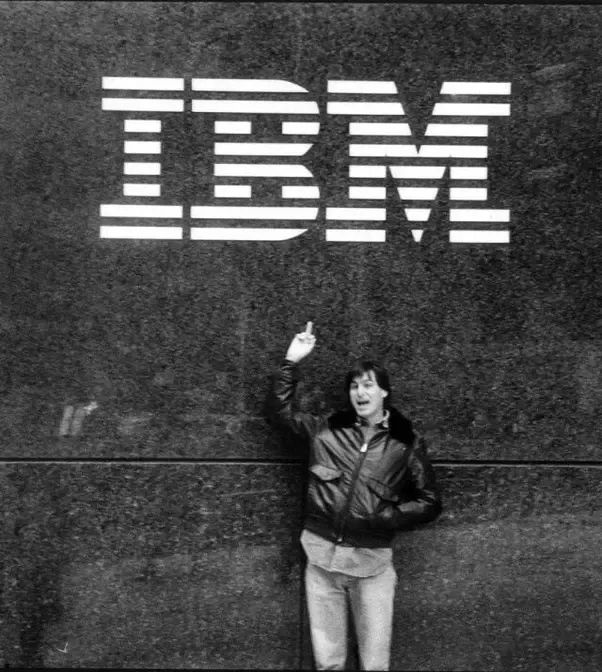
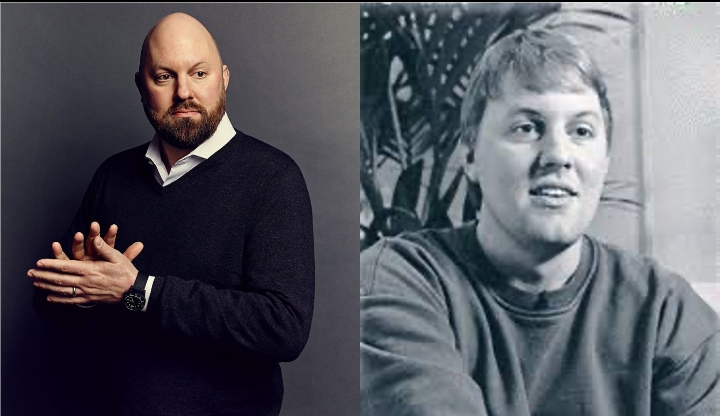


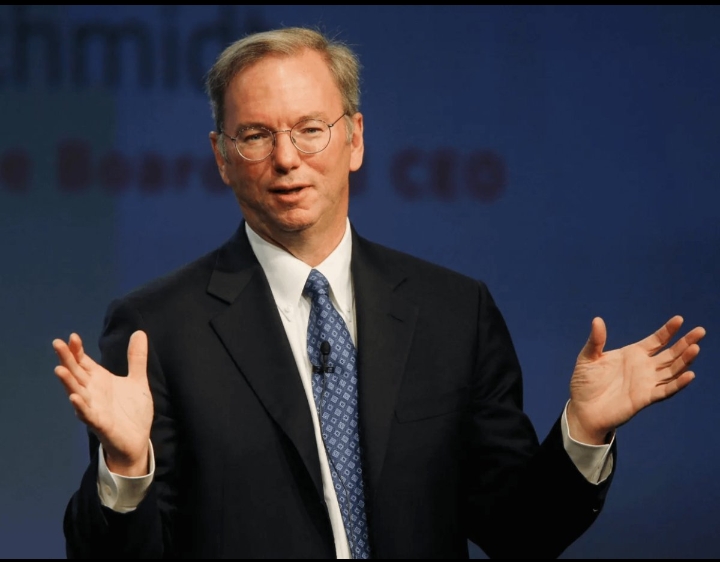




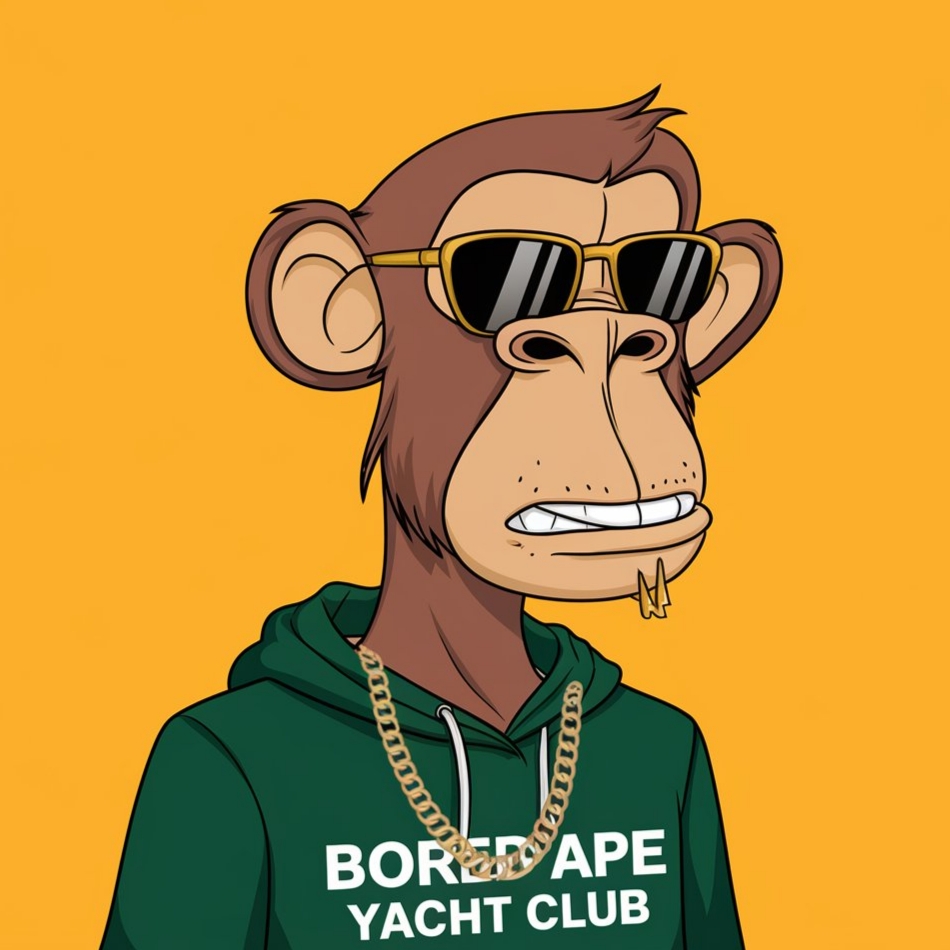





/entrackr/media/post_attachments/wp-content/uploads/2021/08/Accel-1.jpg)
















